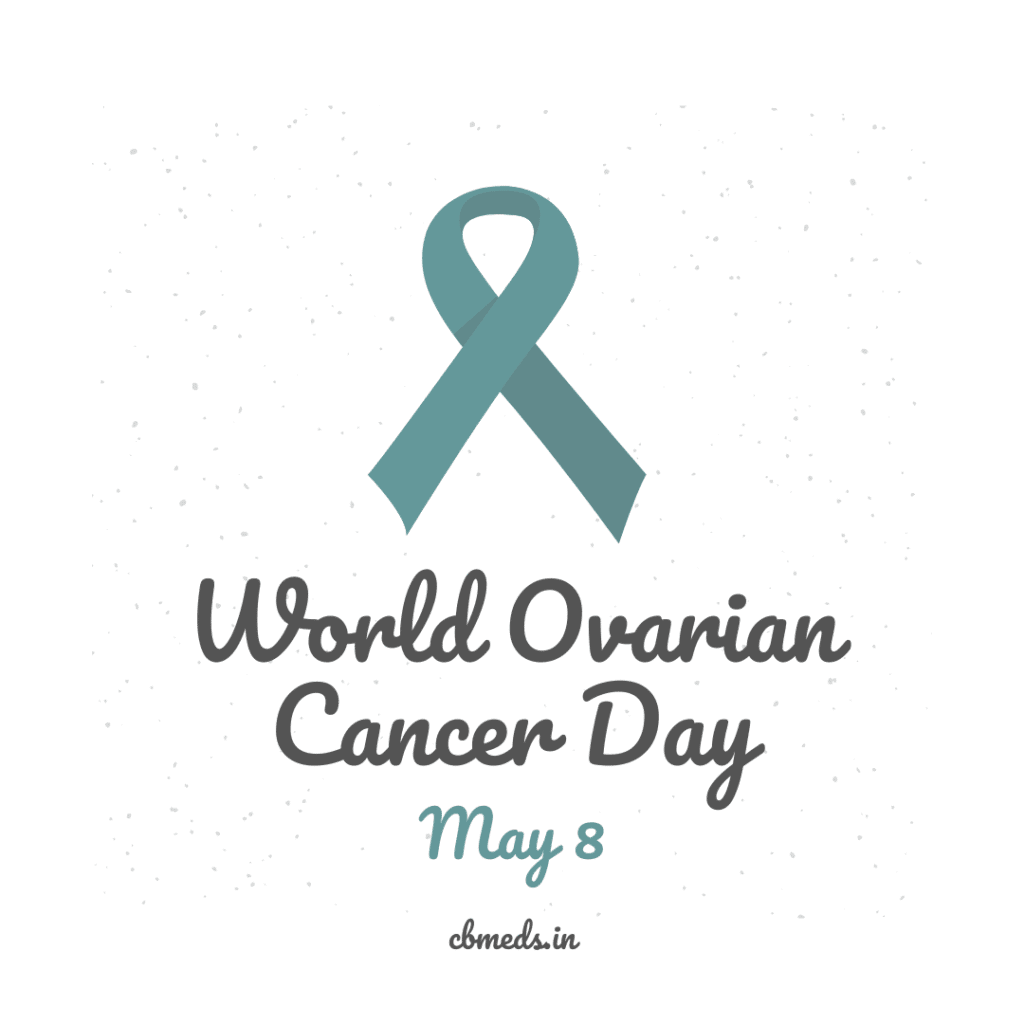
When we talk about women’s health, breast cancer often takes centre stage—and rightly so. But lurking in the shadows is another life-threatening illness that receives far less attention: ovarian cancer. Known as the “silent killer,” ovarian cancer is one of the most aggressive and hardest to detect forms of cancer affecting women worldwide.
What is Ovarian Cancer?
Ovarian cancer originates in the ovaries, the female reproductive glands that produce eggs. It often goes undetected until it has spread within the pelvis and abdomen. At this advanced stage, ovarian cancer is more difficult to treat, making early detection critical.
Why is it Called the Silent Killer?
The symptoms of ovarian cancer are subtle and easily mistaken for common digestive or menstrual issues. Many women overlook early warning signs, leading to late-stage diagnoses in nearly 70% of cases. The lack of routine screening tests for ovarian cancer makes early detection even more challenging.
Common Symptoms Include:
- Persistent bloating or abdominal swelling
- Pelvic or abdominal pain
- Difficulty eating or feeling full quickly
- Frequent or urgent urination
- Fatigue
- Changes in bowel habits
These symptoms are not unique to ovarian cancer and can often be misattributed to less serious conditions, which is why awareness is key.
Who is at Risk?
While ovarian cancer can affect women at any age, certain factors may increase the risk:
- Family history of ovarian or breast cancer
- BRCA1 or BRCA2 gene mutations
- Endometriosis
- Never having been pregnant
- Increasing age (especially over 50)
If you fall into any of these categories, talk to your doctor about your risk and consider regular pelvic examinations and, if advised, genetic testing.
Why Awareness Matters
Many women and even healthcare providers may not immediately associate these symptoms with cancer. That’s why raising awareness about ovarian cancer is so vital—it encourages women to listen to their bodies and advocate for further testing if something doesn’t feel right.
What Can You Do?
- Know your family history. If ovarian or breast cancer runs in your family, talk to your doctor about your risk.
- Don’t ignore your body. If you experience unusual or persistent symptoms, seek medical attention promptly.
- Spread the word. Talk to friends, family, and colleagues about ovarian cancer. Awareness saves lives.
- Support research. Contribute to or participate in campaigns that fund research and support services for ovarian cancer patients.
Final Thoughts
Ovarian cancer may not be as talked about as some other illnesses, but that makes it no less dangerous. By understanding the signs, risks, and importance of early detection, we can shift the narrative and give this disease the attention it demands.
Let’s speak up for those who can’t. Let’s educate. Let’s empower. And most importantly, let’s never ignore the whispers of our health—because they just might be shouting for help.
🎗️ #OvarianCancerAwareness #WomensHealth #KnowTheSymptoms #BreakTheSilence #ListenToYourBody
